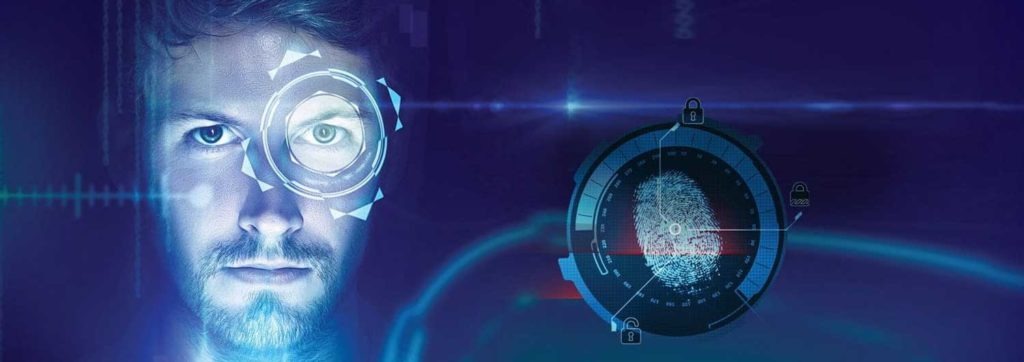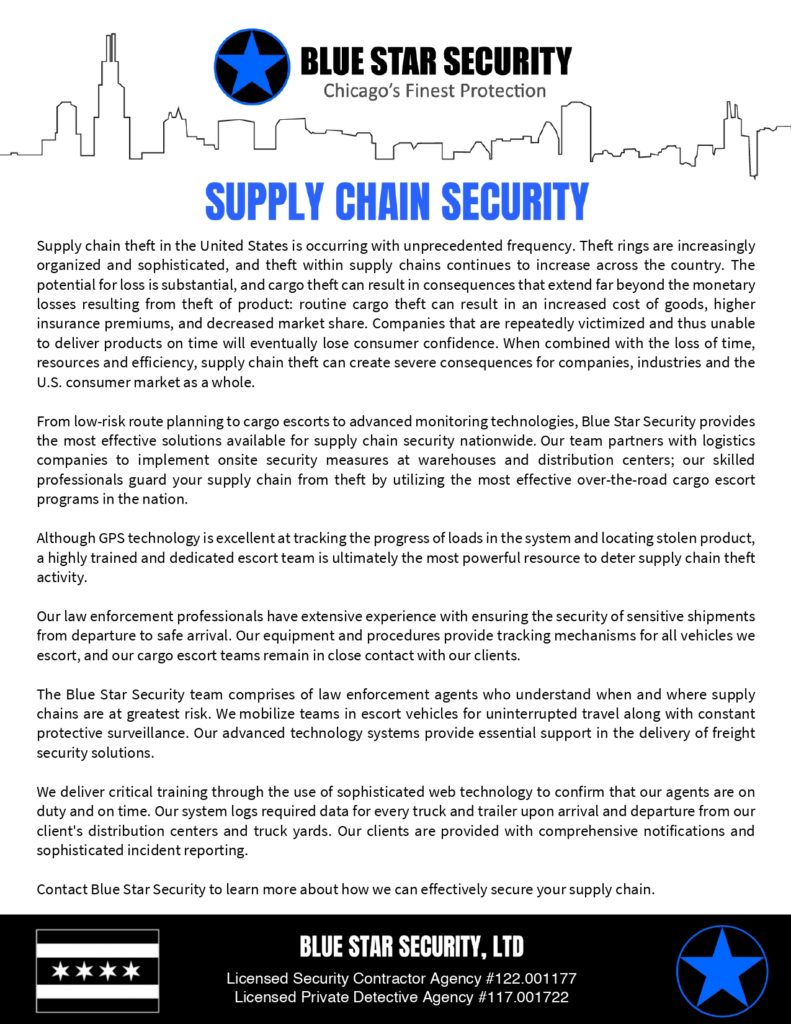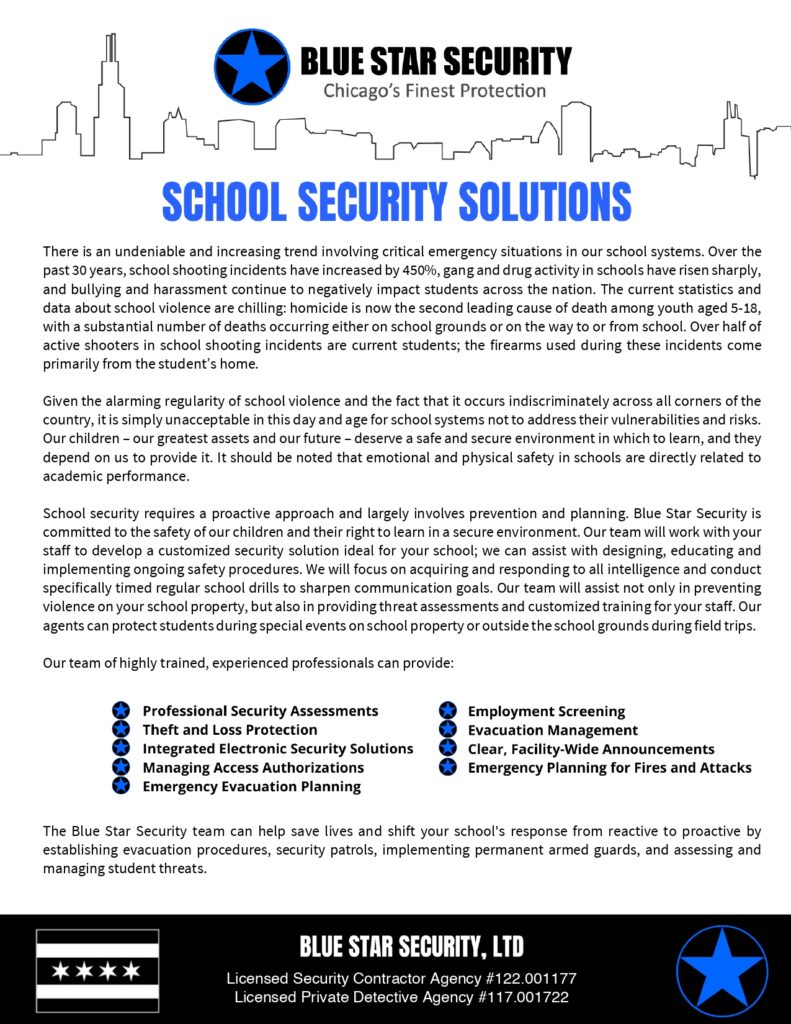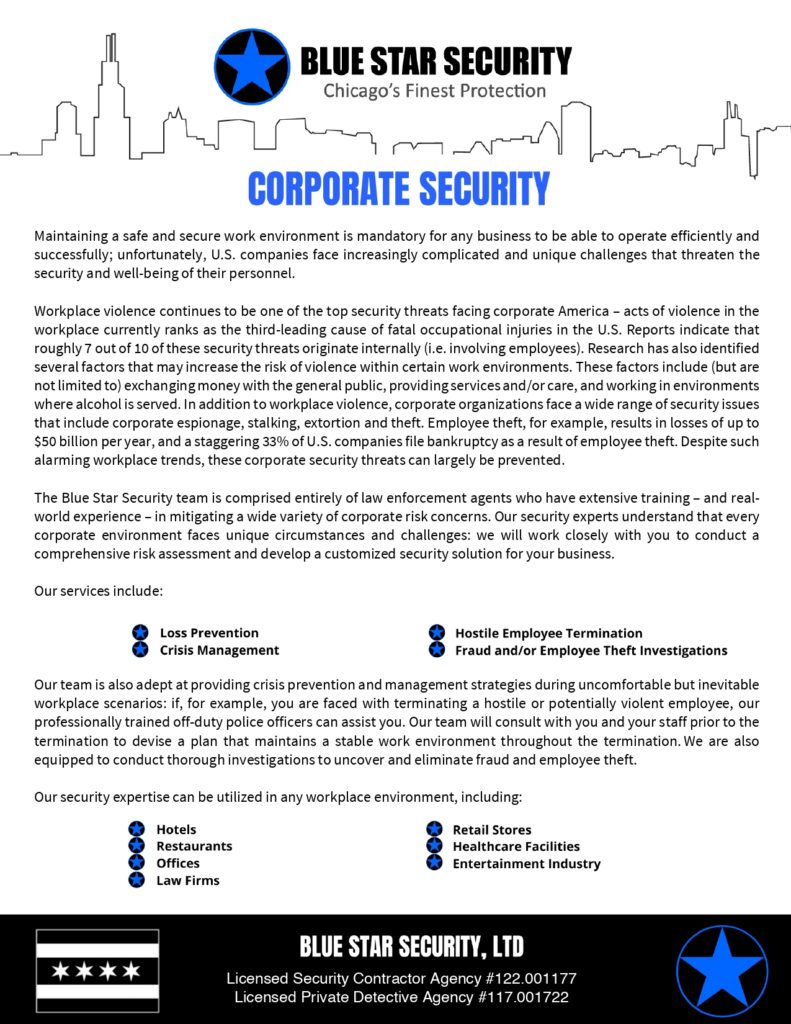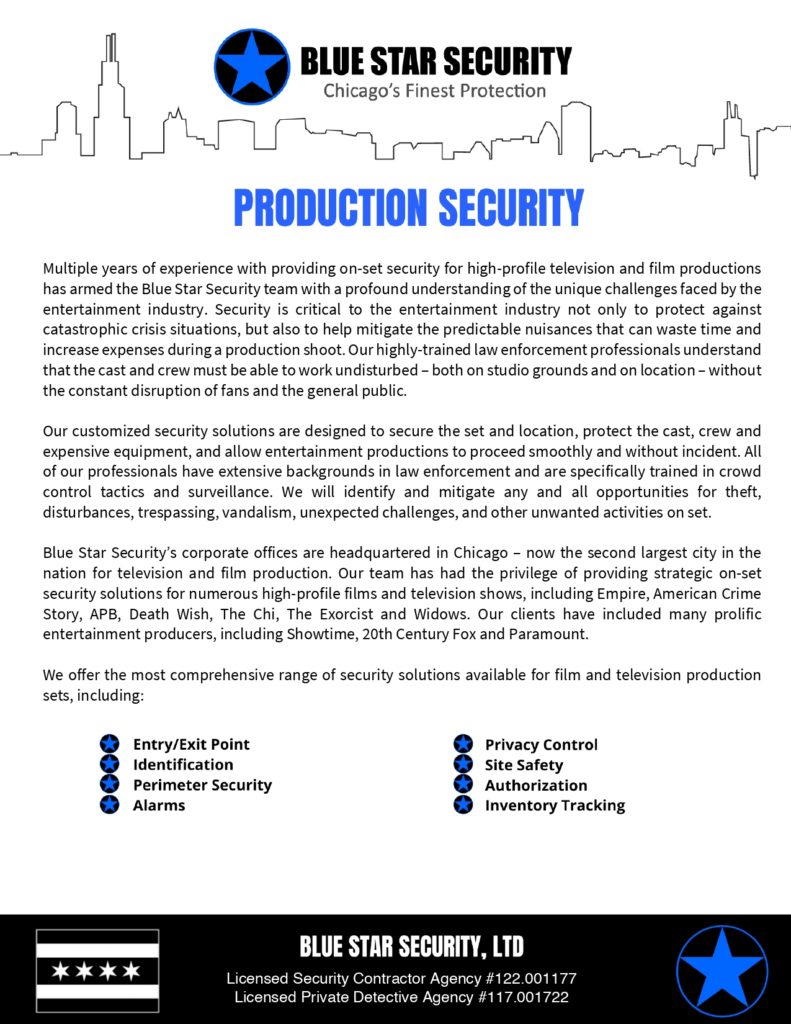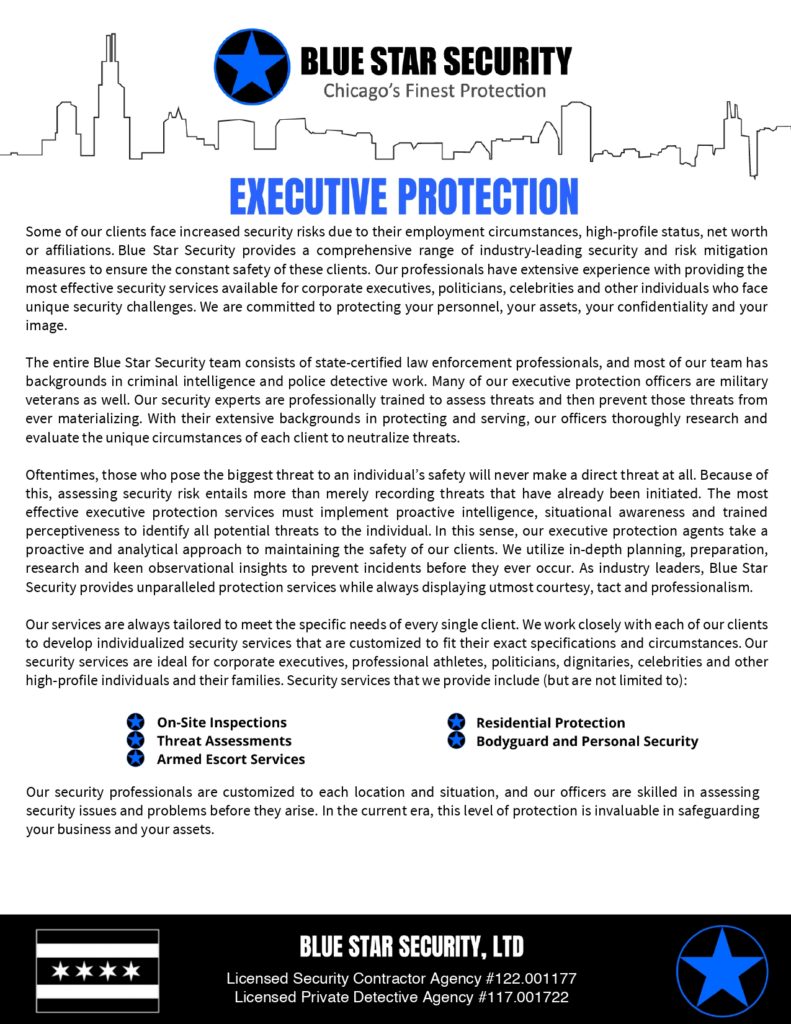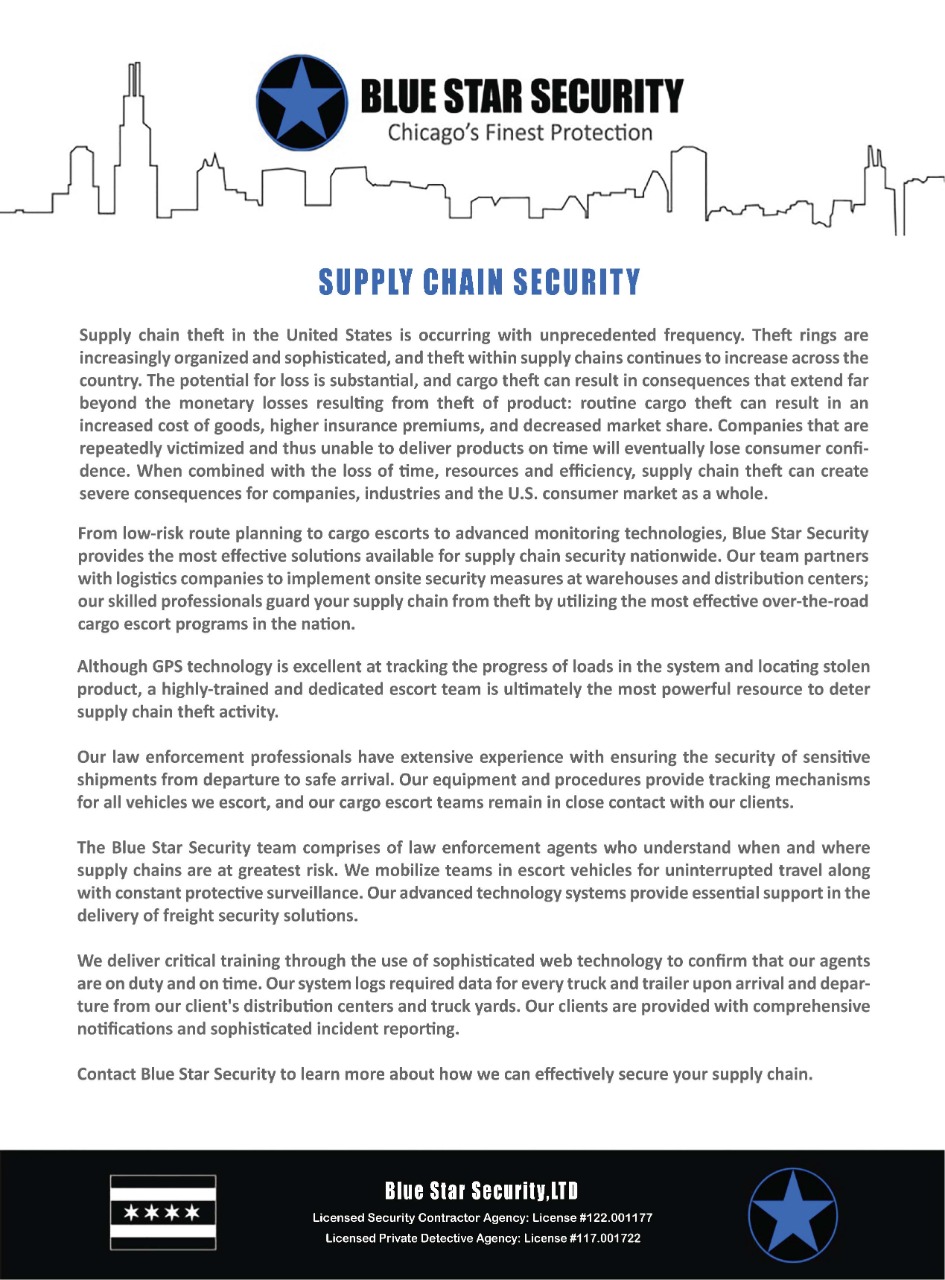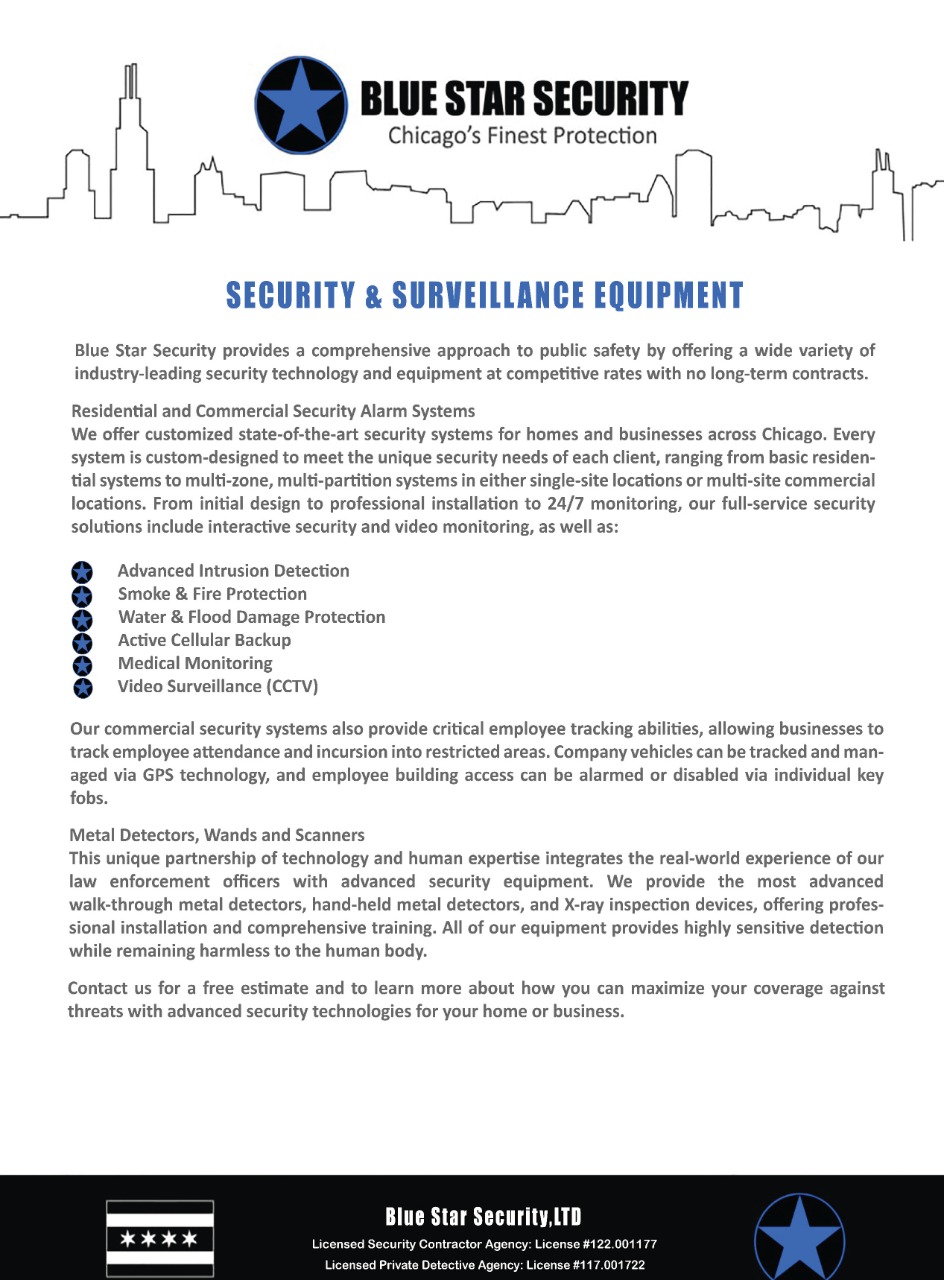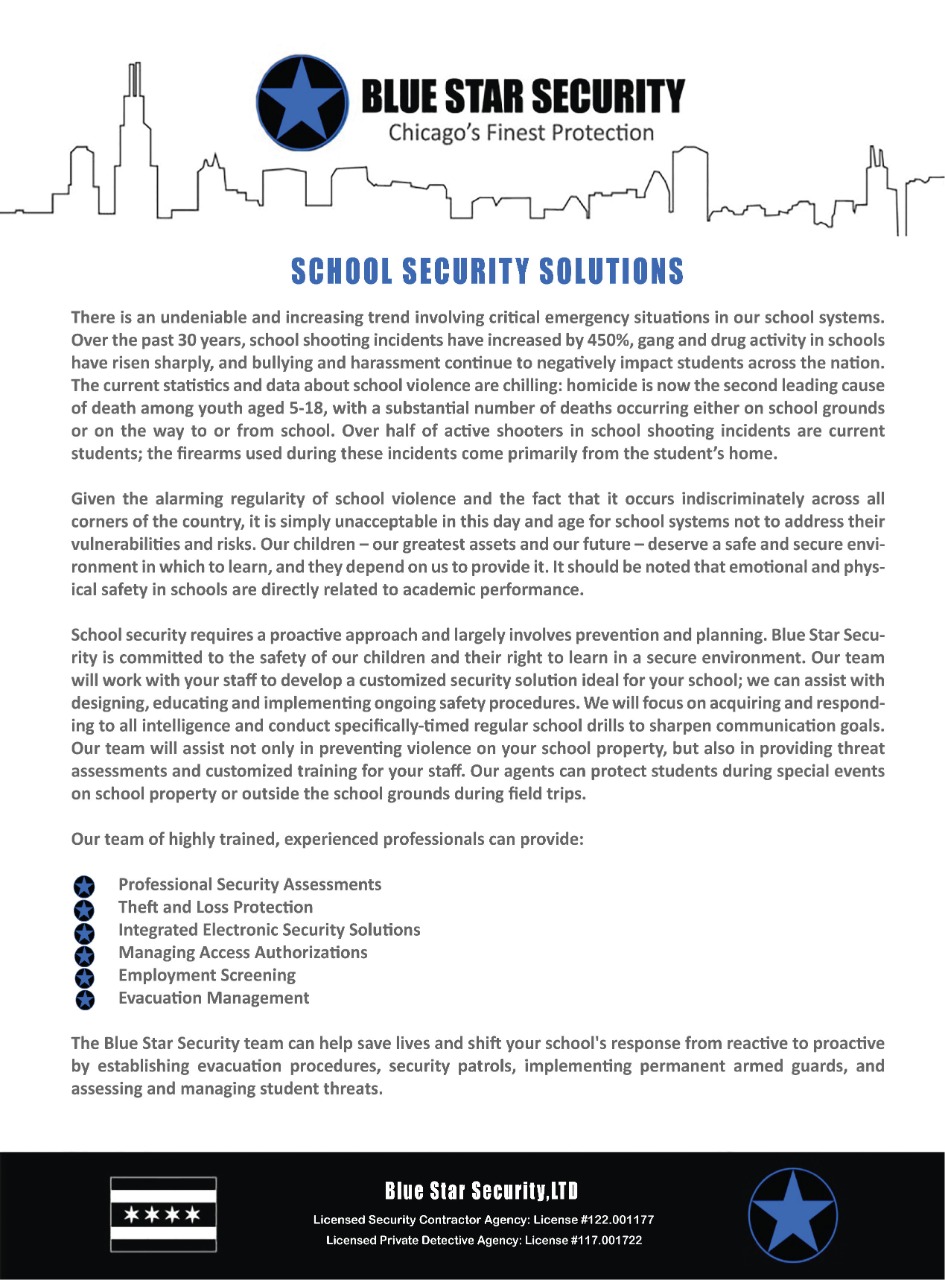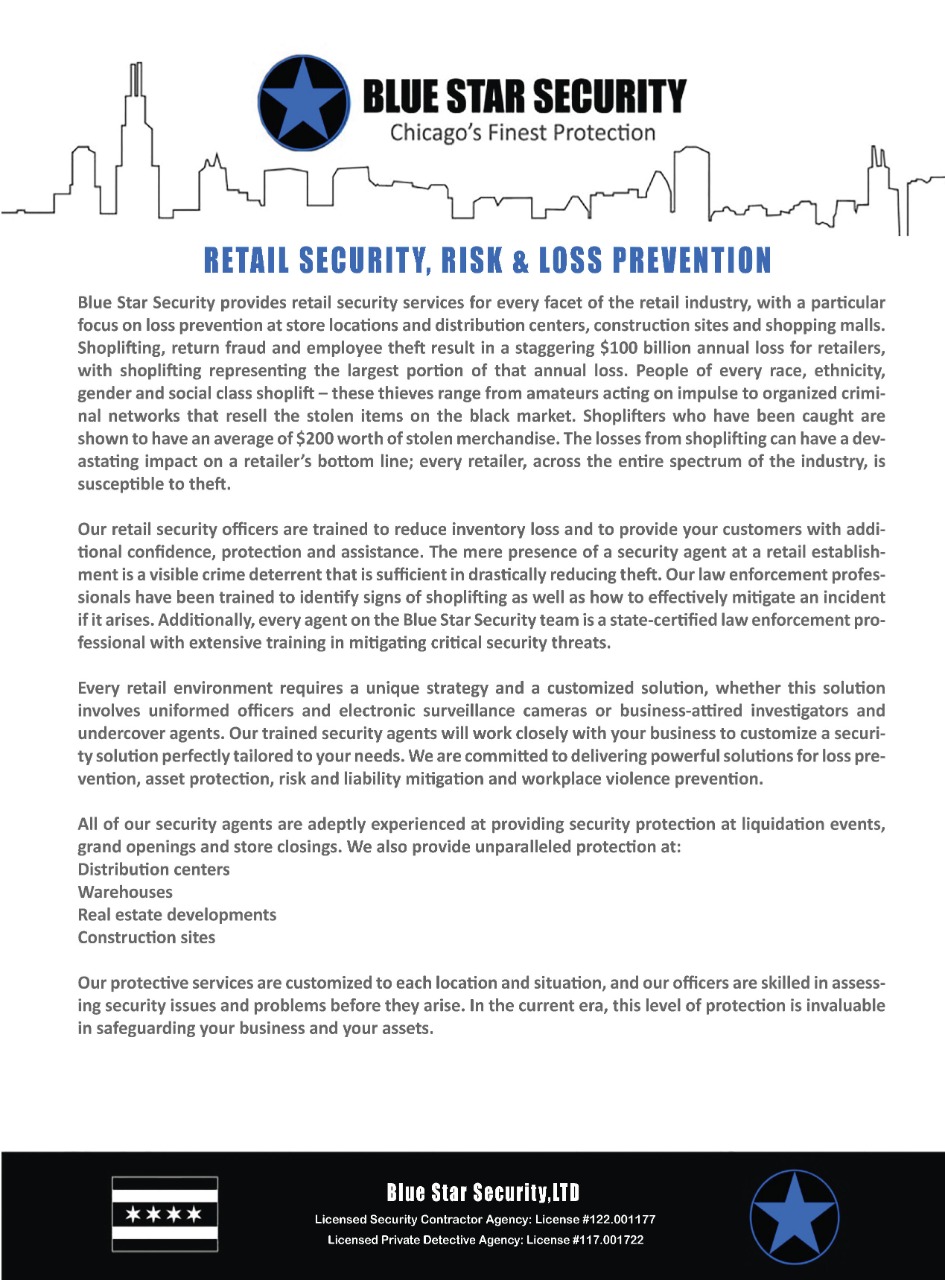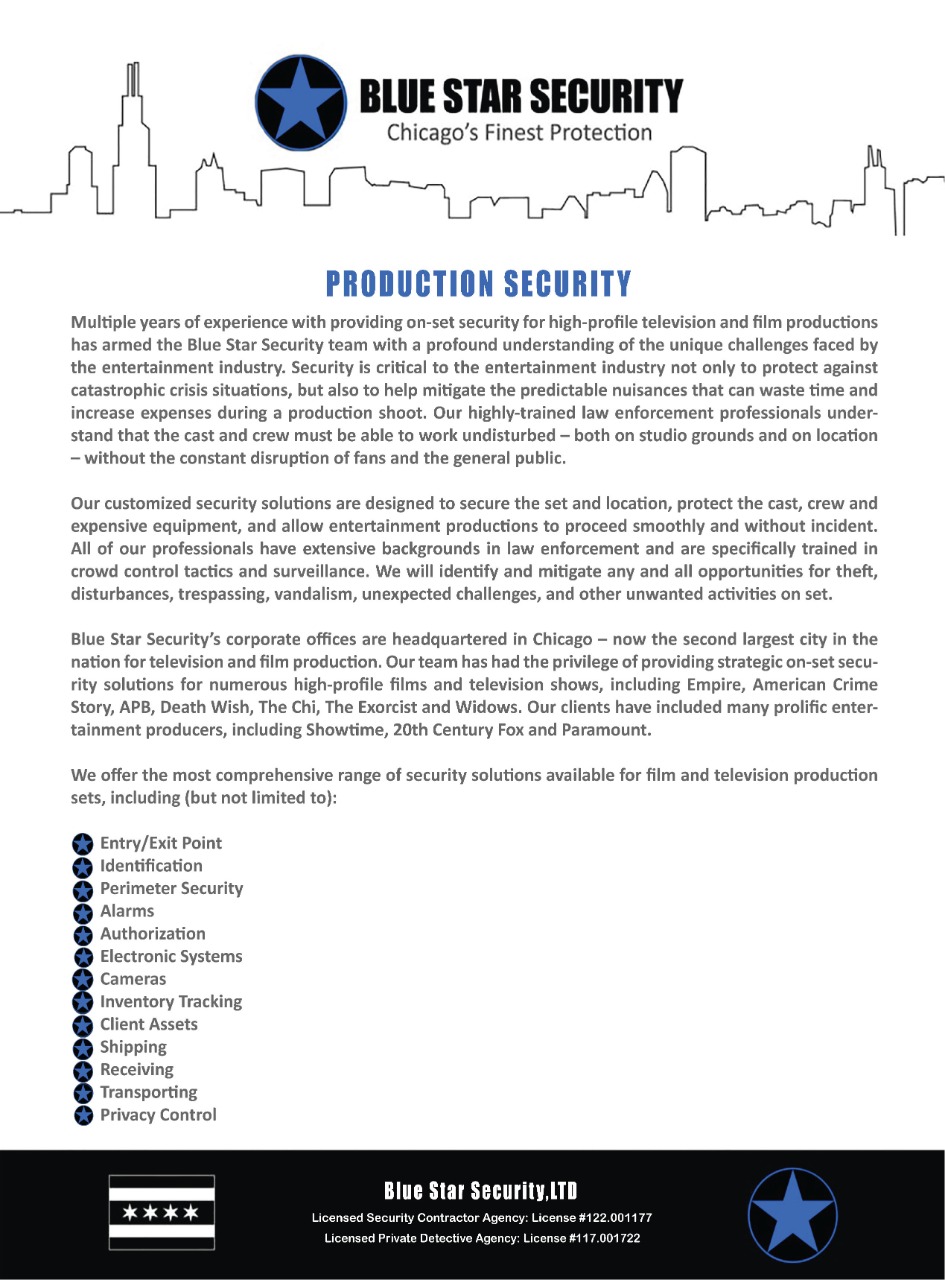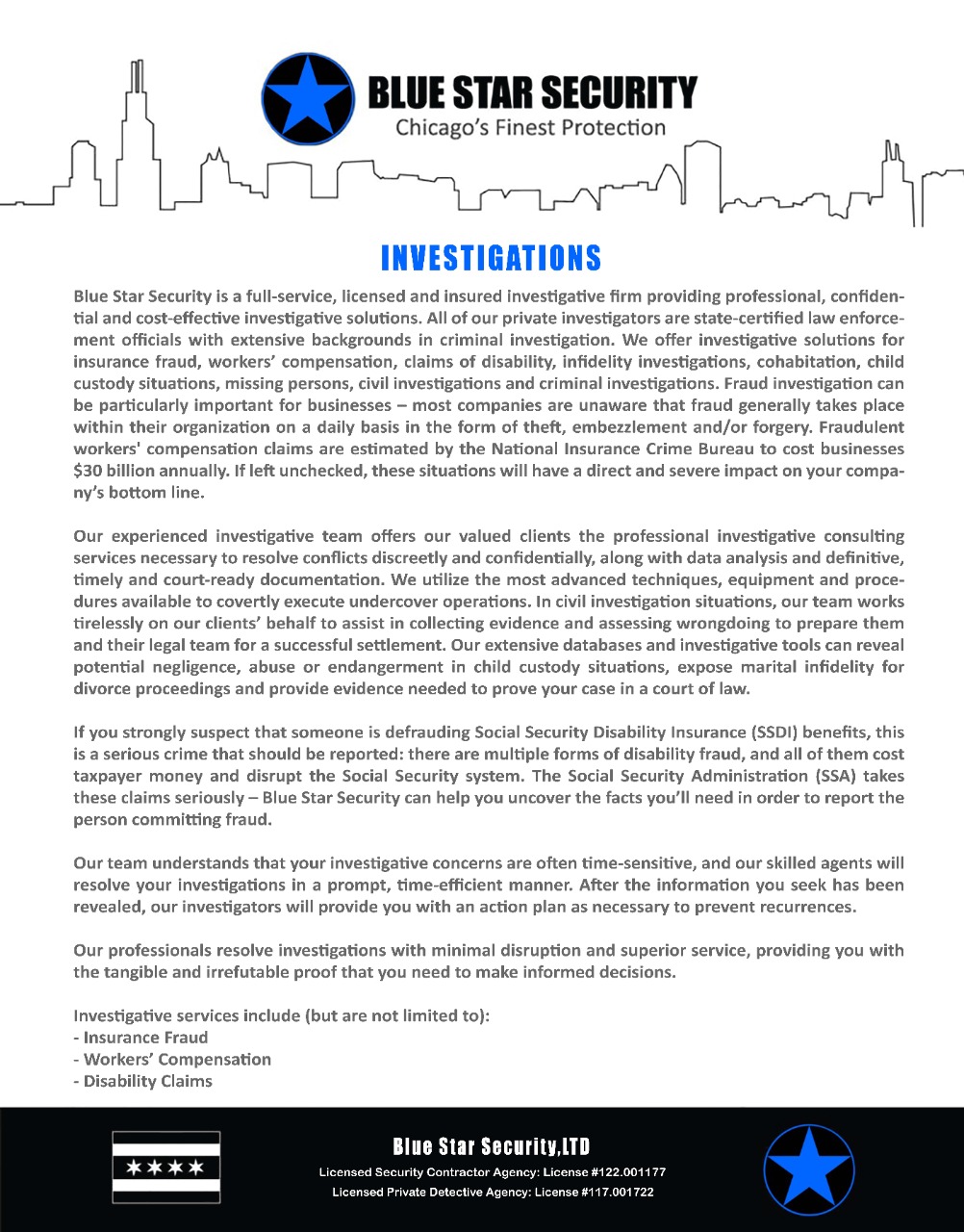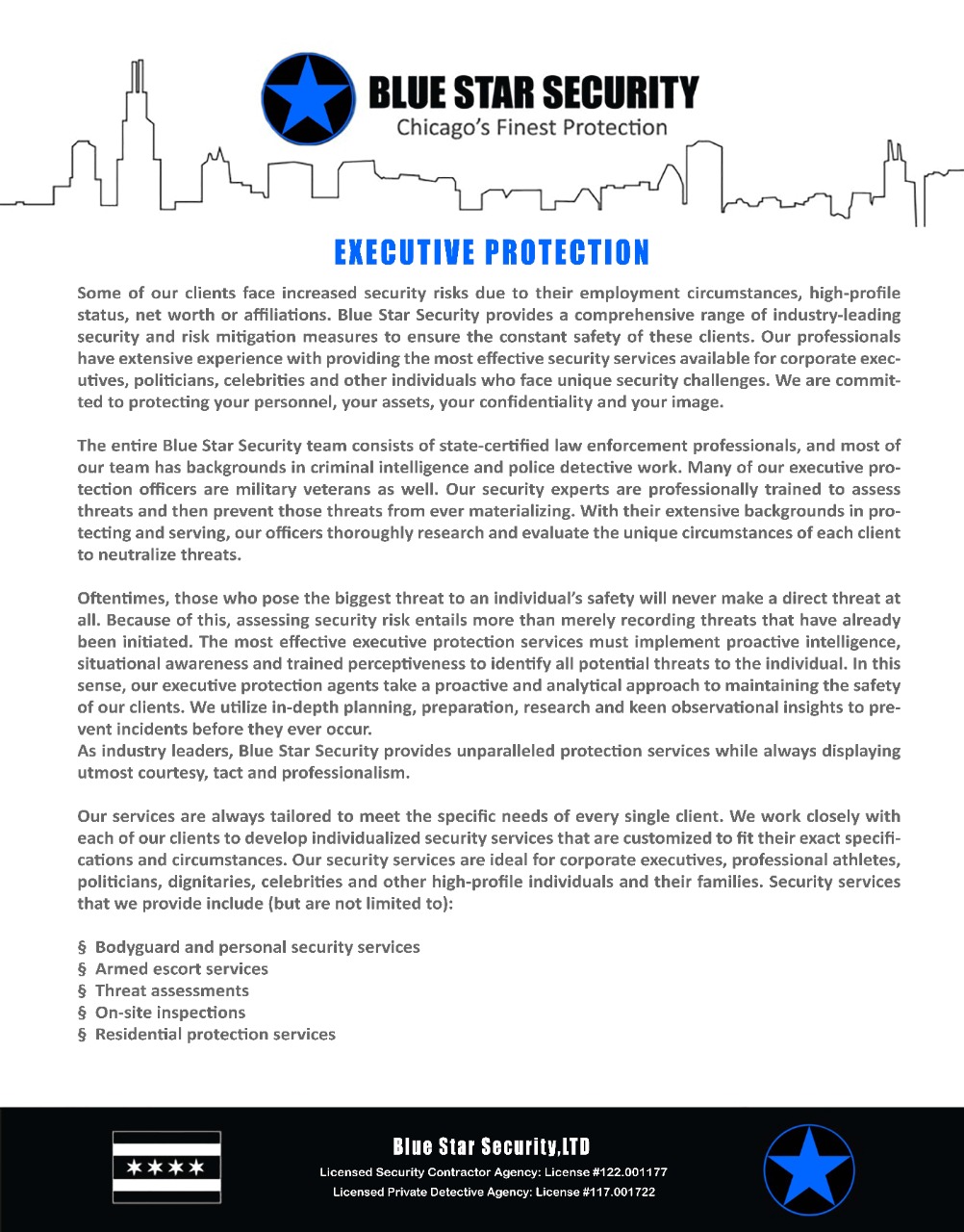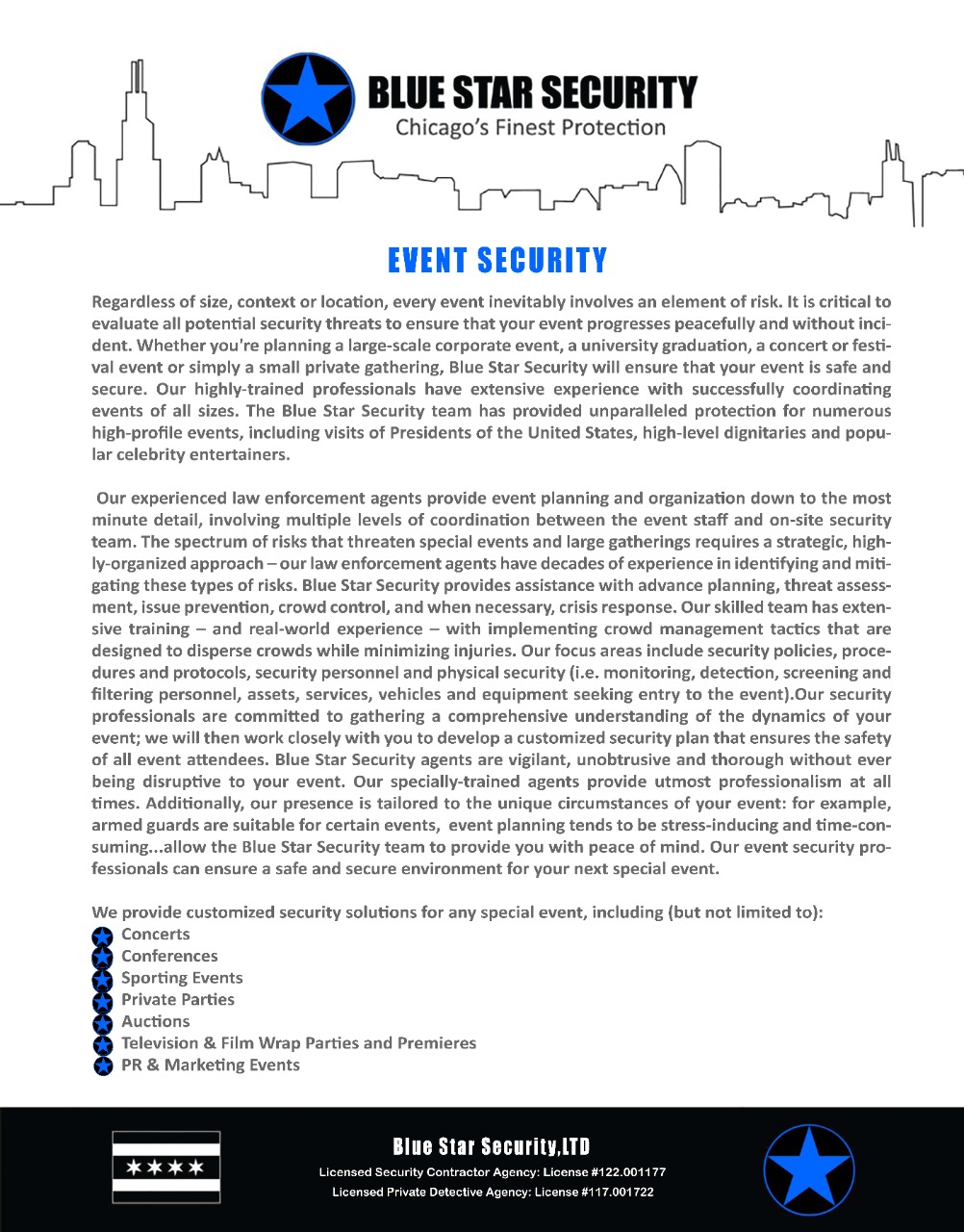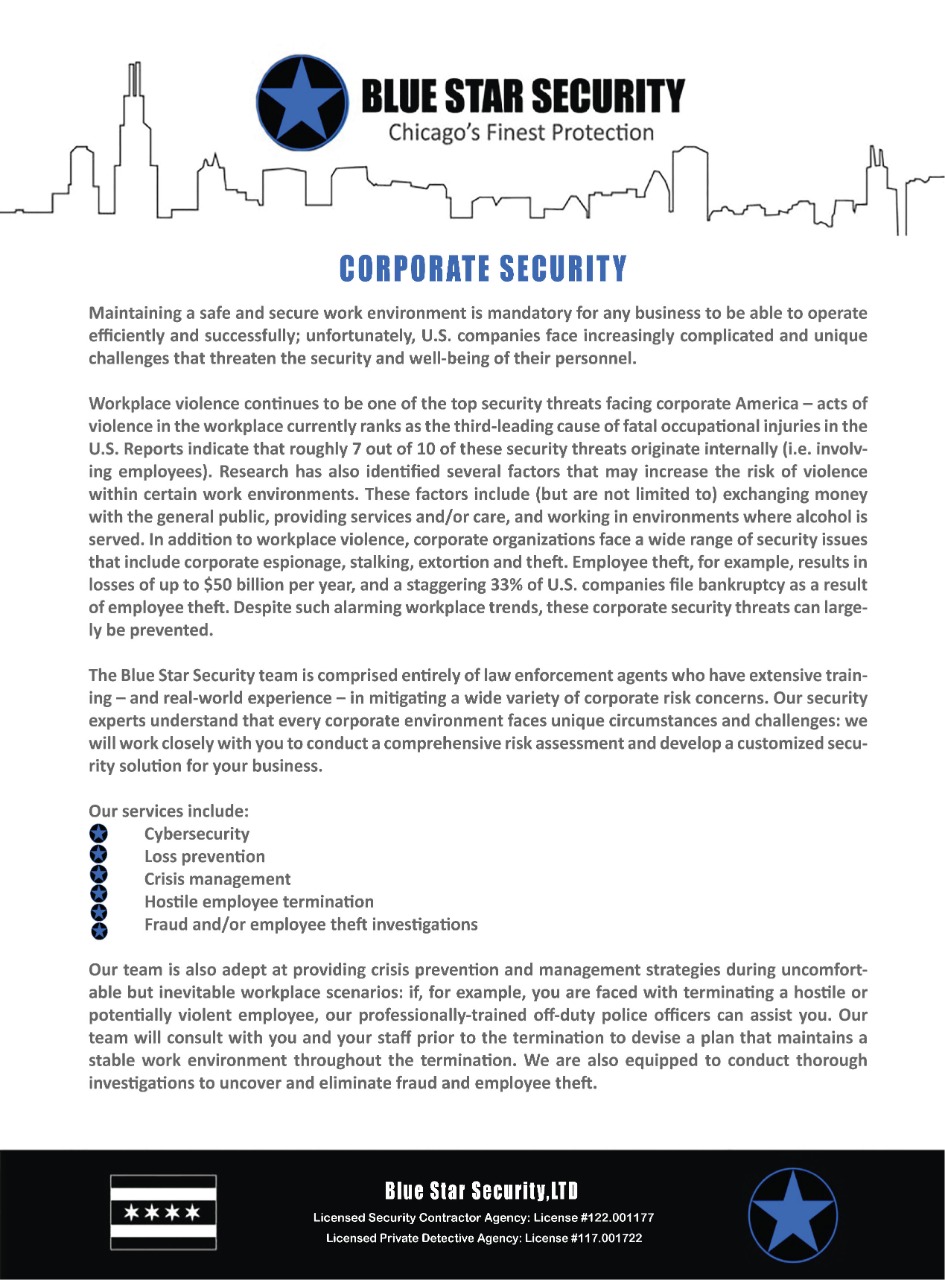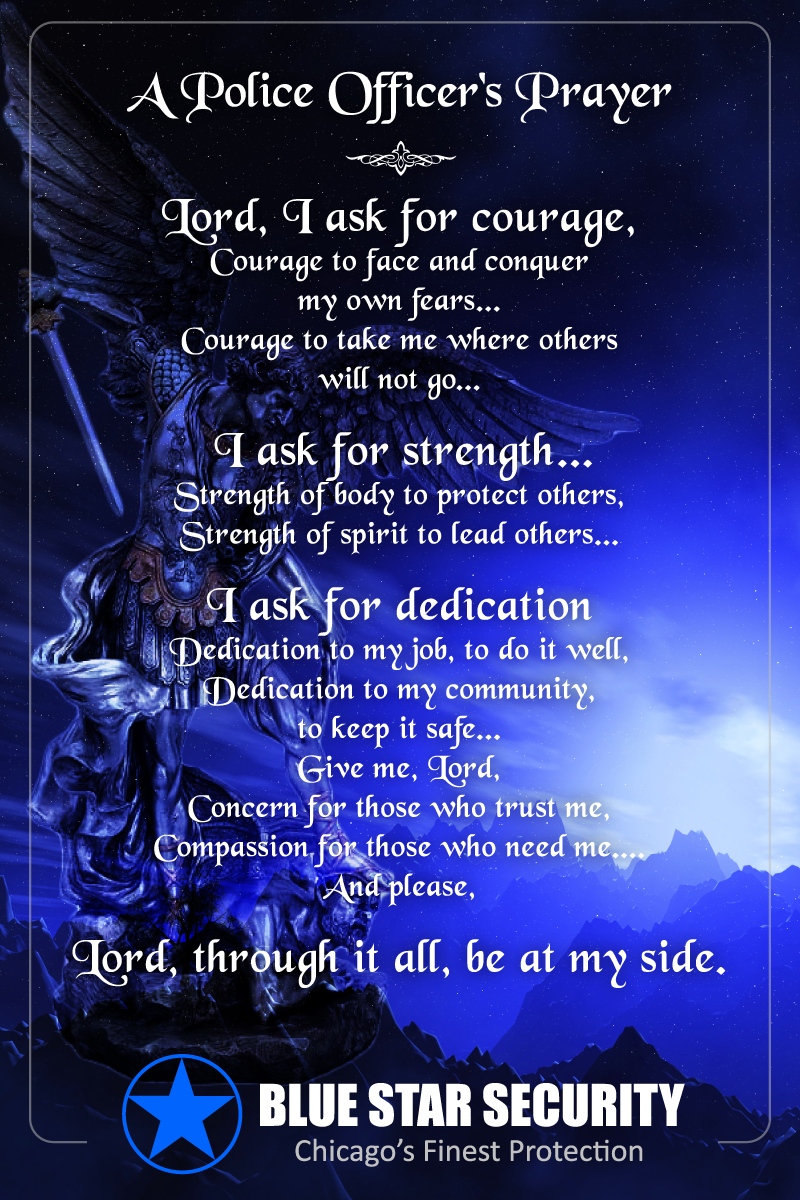Weak website security and poor personal cyber-security hygiene have made getting hacked these days just as common as losing your wallet. It has happened to me, it has happened to my friends and family and it will most likely happen to you at some point.
So, in case you have just been hacked, or just wanted be prepared for if it ever happens to you, I asked some cybersecurity experts what you should do in case your personal information is stolen. Here’s what they had to say.
Understanding the Scope of the Breach:
There are many different ways that you can be hacked. You can have very sensitive information stolen, or just a few passwords and users names tied to accounts you no longer use. The first step is finding out how much information a hacker may have. If your banking accounts have been made vulnerable then try to track down the source of the breach. From there you can decide what passwords or information has been stolen.
Immediately Freeze Your Accounts:
If you have noticed suspicious activity on your banking accounts, notify your bank as soon as possible and freeze your account. Have them disable your current card information and send you a new debit card in the mail. It may take a few days to receive the new card, but you’ll be glad you cut off the hacker before they use your account information for more purchases. If it is one of your credit accounts that has been hacked, cyber-security experts advise that you close the account immediately and freeze your credit altogether.
Change Your Passwords:
Once you freeze all your banking accounts, or any account that has been hacked, the next step is to secure all your online accounts, and update your passwords.
Invest some time in creating strong passwords for each of the websites you use. I suggest using a password manager that will keep track of and even create strong passwords for you so you don’t have to remember what password matches with what account.
If an online account provides two-factor authentication to access the account, take advantage of that. By using two-factor authentication, you are making it that much harder for a hacker to gain access to your information.
Usually if an account uses two-factor authentication, they will send a text or email to you with a code for you to fill out in order to verify that you are the authentic user of the account. This ensures the security of your account because the chances a hacker would have access to your account’s login information and your email login or mobile phone are very slim.
Dispute the Charges with Your Bank:
While getting hacked doesn’t always mean your all information is taken. In the case that your money is used to pay for something you did not receive, you can dispute the charges with your bank.
Be sure to keep detailed records of the charges you are unfamiliar with, such as dates the charges were made, where and for how much. Have this information handy when you talk to the representative from you bank in order to speed up the process.
Set Up Transaction Notifications:
In order to ensure you know exactly what is on with your personal banking accounts, sign up for payment notifications. Usually banks will let you sign up to be notified every time your account is used to pay for something.
If the transaction was made by you, then everything is fine! But if someone does have your information, you will know exactly the moment when they try to use your card. By doing this, you can hope to stop the hacker before any more purchases are made.
Be Preventative:
After you’ve finished those steps, work to be preventative from future cyber attacks. Implement and actually use your password manager and consider using a money sharing application like PayPal to pay for things online rather than giving your payment information to every online shopping boutique you purchase items from.
When paying with your card in person, make sure that the device you are paying through hasn’t been tampered with. Many credit card thieves use devices known as “skimmers” that look like real payment devices but are used to lift your information. These devices often go undetected at gas pumps.
Getting hacked is violating and inconvenient at best, but it doesn’t have to ruin your life. There are steps to take to get everything back on track and to ensure it doesn’t happen again.

